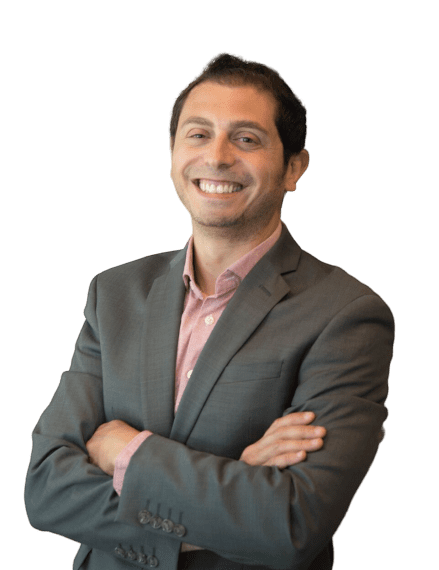Do you have problems falling asleep? Or maybe you fall asleep and then wake up multiple times later in the night? Do you also struggle with issues like restless leg syndrome that prevents you from getting quality sleep? If any of this sounds like something you experience on a regular basis, then you may have a sleeping disorder.

Sleep disorders are characterized by problems with the quality, timing, and amount of sleep, especially when these problems result in daytime sleepiness or distress. There are different types of sleep disorders that can have both physical and emotional causes. Some of the most common sleep disorders include: insomnia, narcolepsy, restless leg syndrome (RLS), and sleep apnea.
When it comes to seeking the proper diagnosis and treatment for sleeping disorders, not many people know where to go. Because there are different medical professionals that offer treatment for sleeping disorders, it can be tough to know which professional to see. Here are some medical professionals that can treat sleeping disorders:
Primary Care Doctors
At the very least, visiting your primary care doctor is recommended because they can always refer you to specialists that focus on the treatment of sleeping disorders. However, some primary care doctors can also help treat sleeping disorders themselves. In some cases, your primary care doctor may even identify a possible sleeping disorder through screenings performed during regular appointments.
Pulmonologist
Pulmonologists are respiratory specialists that primarily deal with sleep disorders caused by breathing problems. The most common sleep disorder a pulmonologist deals with is obstructive sleep apnea (OSA) since this disorder is caused by a collapsed airway. However, some pulmonologists also have general training in the treatment of other sleep disorders.
Psychiatrist
Psychiatrists also have training to identify possible sleep disorders, since they can lead to mental health problems. In some cases, sleep disorders can also be caused by mental health disorders, so seeking treatment for one can help alleviate the other.
ENT
An Ear, Nose, and Throat doctor can also deal with sleeping disorders when they are caused by issues with the ears, nose, and throat. Both sleep apnea and snoring can potentially be caused by these structures, so an ENT can perform surgery to alleviate sleep apnea and/or snoring.
Neurologist
The final medical professional that can provide treatment for sleeping disorders is a neurologist. Neurologists tend to provide treatment for sleeping disorders when the cause is thought to be neurological. Central sleep apnea, narcolepsy, insomnia, and restless legs syndrome can all be related to neurological issues and are best treated by a neurologist.
Reasons to See a Neurologist for a Sleeping Disorder
They Understand How the Brain Works
Although there is still much to be learned about how the brain works, neurologists have a better understanding of the brain than other medical professionals. The brain is responsible for controlling the process of sleep, which means that there are various neurological factors that can affect this process. When it comes to treating sleep disorders that are thought to be caused by neurological factors, a neurologist can employ their expertise to identify the issue and develop more effective treatments.

Many Sleep Disorders are Related to Neurological Conditions
Another reason why you should see a neurologist for sleep disorders is because many sleep disorders actually occur in coordination with neurological conditions such as neurodegenerative diseases, epilepsy, and stroke. Neurologists specialize in the diagnosis and treatment of these neurological disorders, so they are more likely to recognize possible sleeping disorders as a symptom.
Neurological Treatment Can Help Sleeping Disorders
Due to the fact that many sleep disorders are related to neurological conditions, seeing a neurologist allows you to get the right type of treatment. Instead of simply masking the problem, neurologists can treat the neurological condition responsible for causing the sleep disorder, which will likely improve your quality of sleep as well.

Dr. Kashouty, a diplomate of the American Board of Psychiatry and Neurology (ABPN), practices general neurology with fellowship trained specialization in clinical neurophysiology. Dr. Kashouty finds the form and function of the nerves and muscles the most interesting part of neurology, which is what led him to specialize in neurophysiology with more emphasis on neuromuscular conditions. He treats all neurological diseases, but his main focus is to treat and manage headaches, movement disorders and neuromuscular diseases.





